I Did Everything Perfectly — and It Still Didn’t Work Out
What an old camera taught me about control, trust, and being human.
Two decades later, I rediscovered my passion for film photography. I ordered an old film camera from Japan, and within 48 hours, it was in my hands. This experience felt like a surreal blend of my past and present: advanced technology enabling me to revisit the beloved tool from my youth.
But this return turned out to be more than technical—it became a deeply personal journey. The world is speeding up, but I’m slowing down, returning to the present moment, to myself.
In my youth, we captured meaningful, fleeting moments, travels, and friendships. We were immersed in life. There was no need to take perfect pictures or create a masterpiece for Instagram. There was only the present moment.
Years later, holding a film camera again, I unexpectedly confronted my adult self. The one who wants to get everything right. The one who quietly panics when the shot doesn’t feel “brilliant enough.”
Perfectionism—the achiever's mindset. That inner critic whispers:
“Make it perfect. Only perfect. Or don’t bother at all.”
But film photography isn’t about that. It helped me exhale, releasing control, expectations, and the inner critic. It allowed me to simply be.
Film photography teaches me to trust. Old cameras might shift the focus, introduce unexpected light leaks, and through this, transform a “mistake” into a masterpiece. It can provide me with something I never anticipated, but only if I trust the process. Not everything relies on me, even when I’ve done everything “right.” (Just like in life.)
Film photography requires patience.
It teaches me to wait.
The time between pressing the button and seeing the final photo scan reminds me that growth isn’t instantaneous. The results come later, and that’s perfectly fine. This experience has made me more gentle. I give myself permission to try repeatedly, even when I fail. Just as I let my son explore his science projects :)
I allow myself to embrace my inner child and support her along the way, like a loving mother.
Beauty doesn’t always conform to the ideal plan on your vision board. Sometimes, it reveals itself when you let life unfold in its imperfect rhythm.
And you know what?
There’s something special about it...
Something I’ve been missing for a long time.
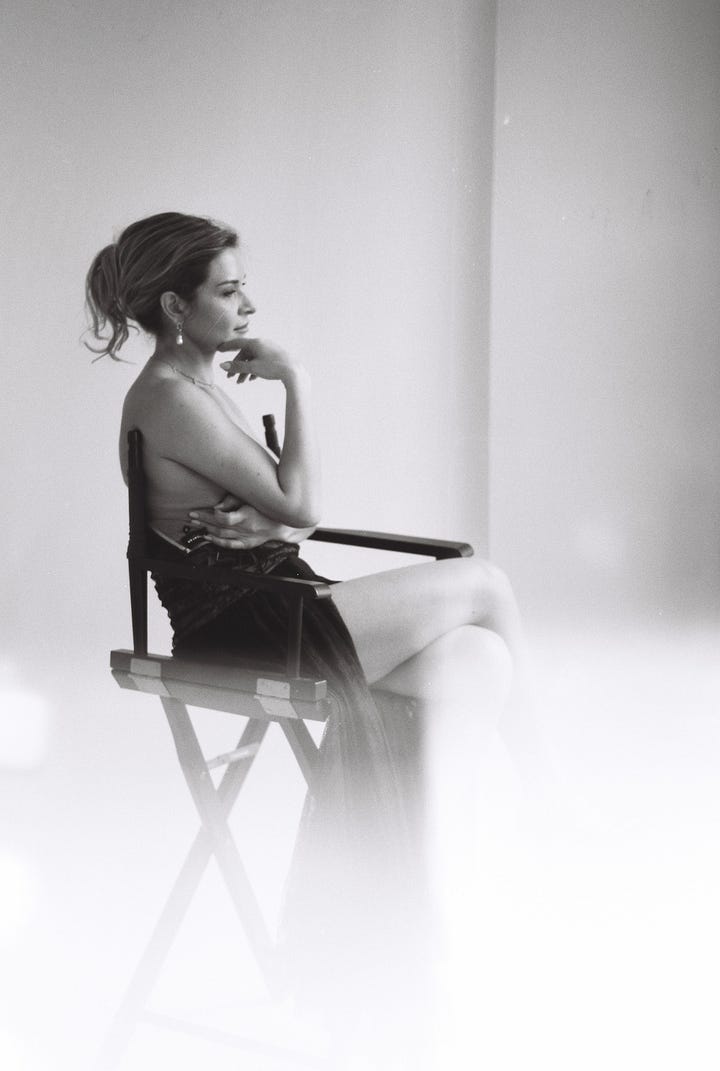
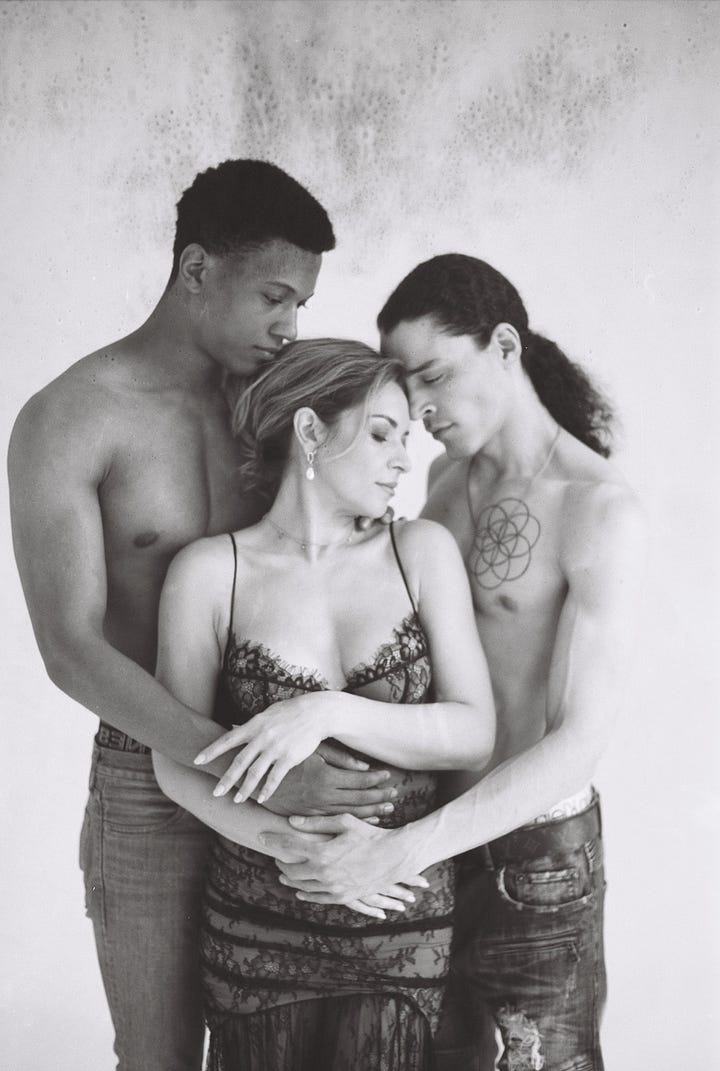
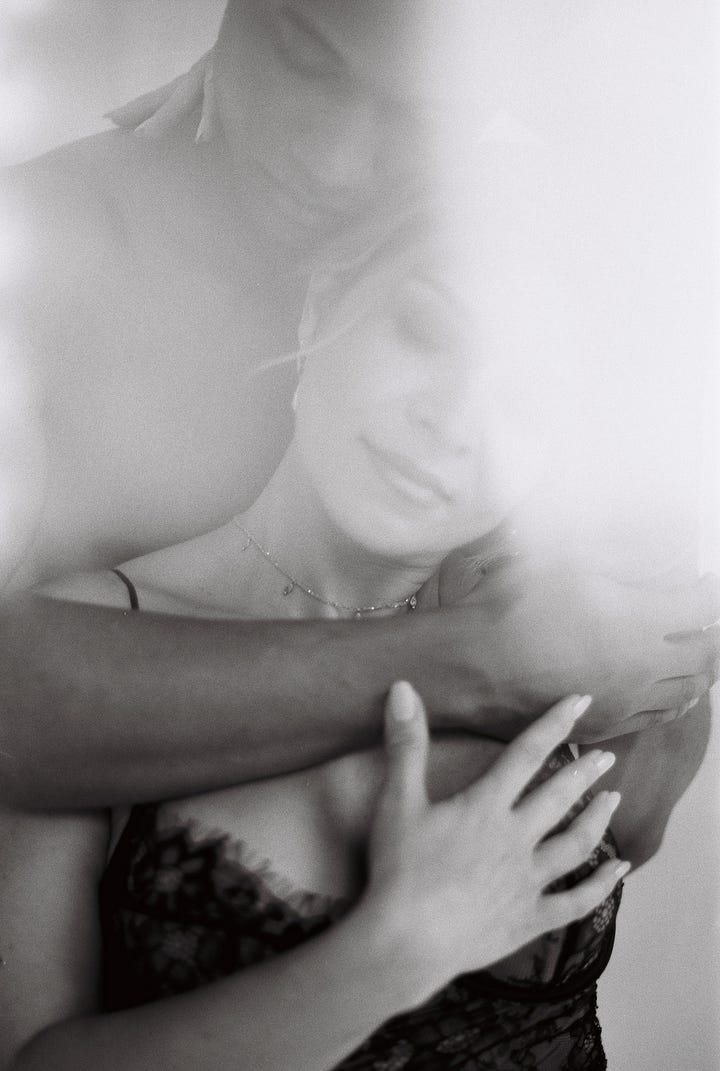
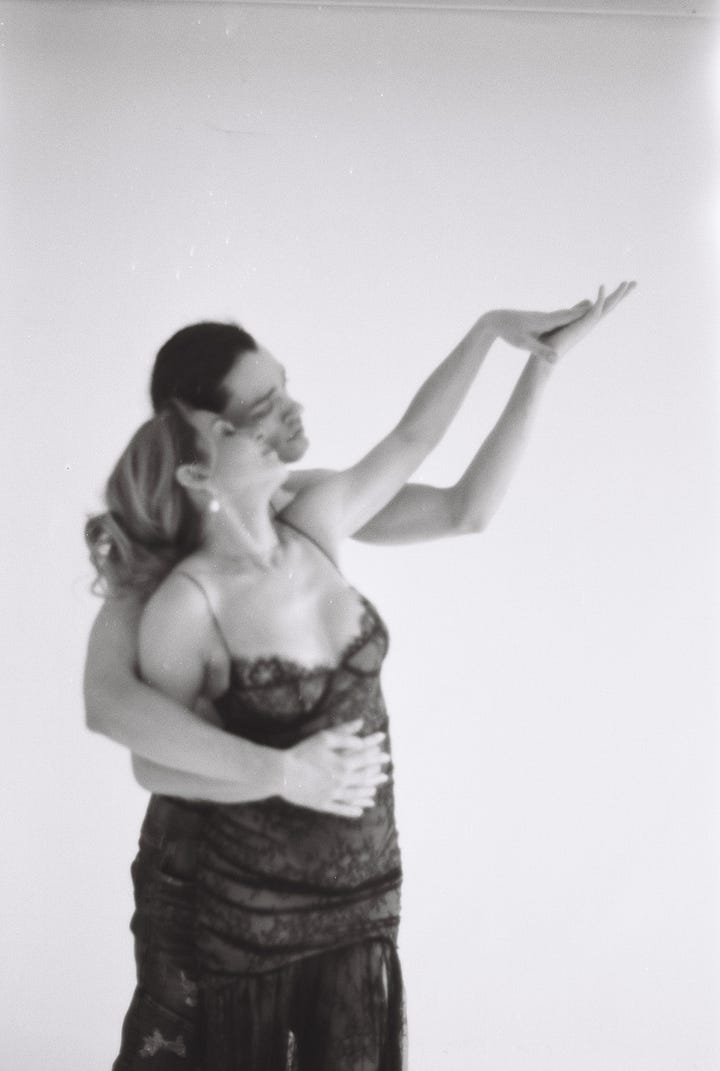

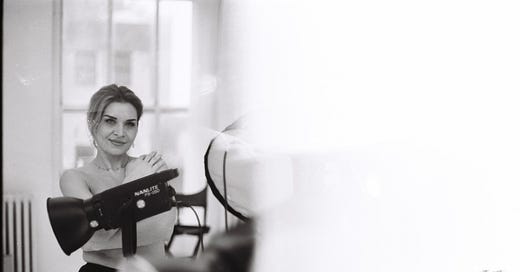


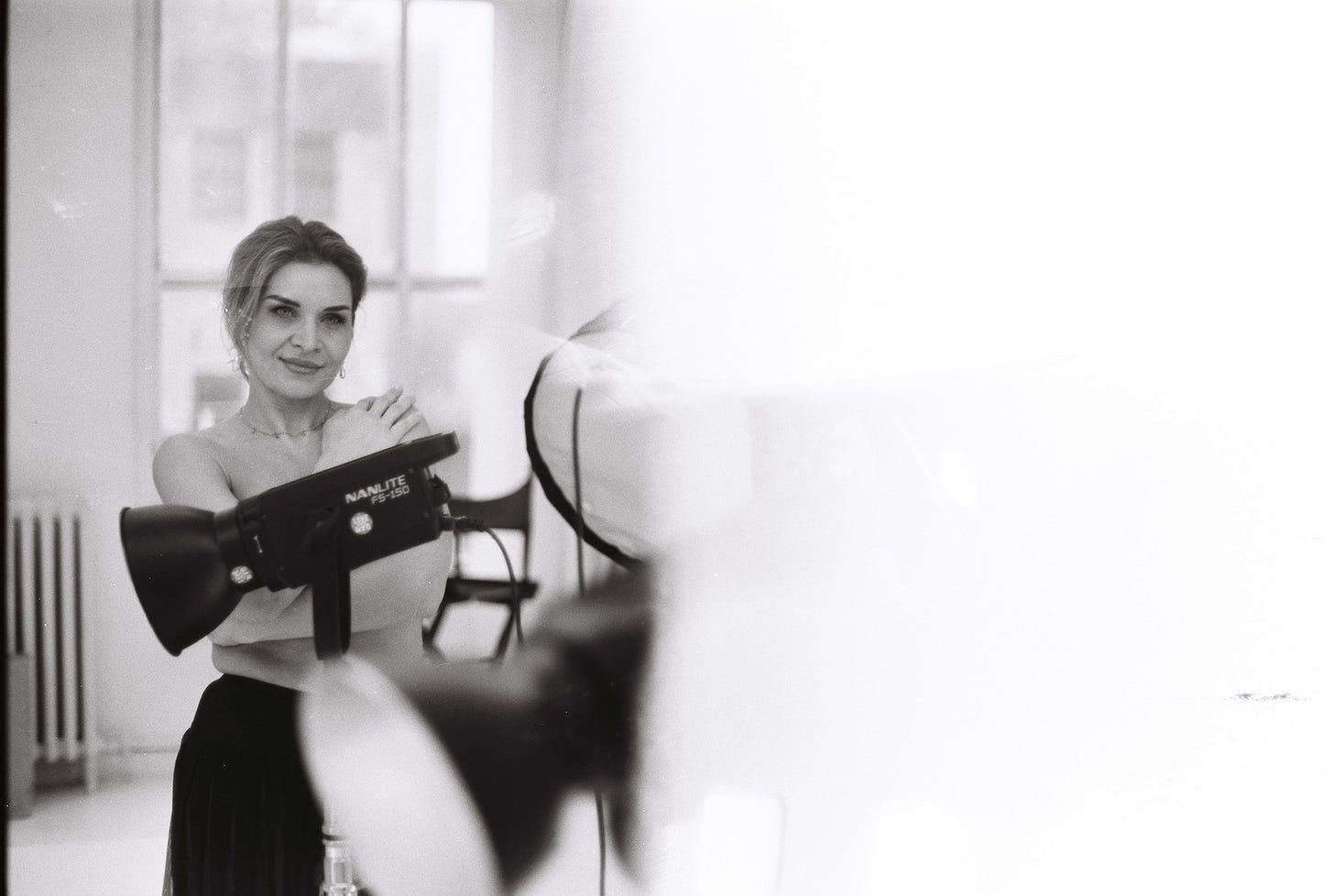
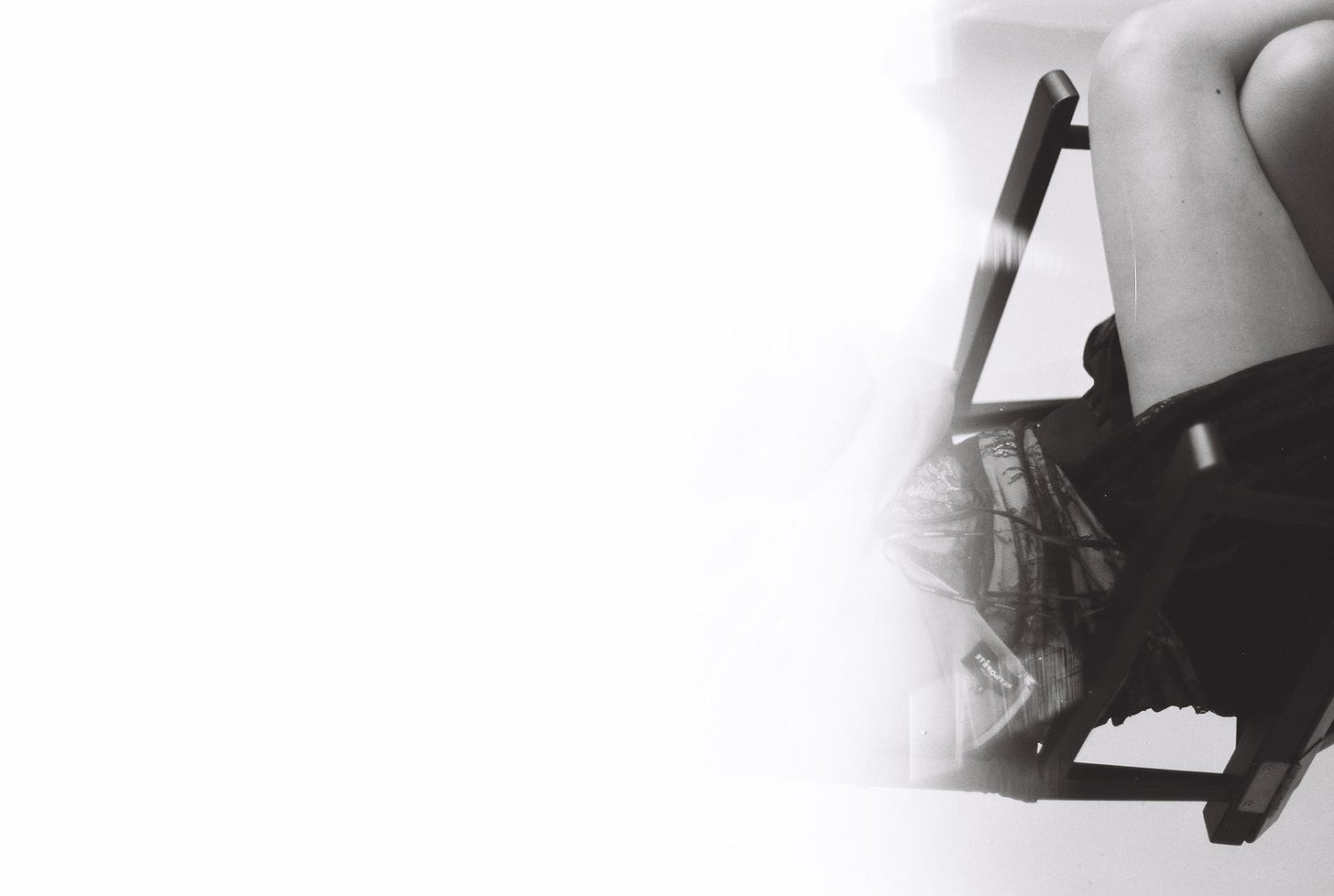
Natasha,
Your piece captured something so many of us feel but rarely articulate: that maddening tension between wanting to get it right and needing to let it be. I love how film photography became the metaphor (and the medicine) for surrendering control. The way you described trusting the old camera — even with its quirks and light leaks — as a stand-in for trusting life itself? That hit deep.
And that line: “Beauty doesn’t always conform to the ideal plan on your vision board.” That one might live in my head for a while. I think a lot of us are learning, slowly, that magic often shows up not in the masterpiece, but in the grainy, slightly-off, unexpectedly illuminated corners of our lives.
Also, the imagery of you supporting your inner child like you do your son — full-circle healing and gentleness wrapped in a single sentence. Just beautiful.
Now, because I can’t help myself:
📸 If your inner critic had to wear an outfit every time it showed up, what would it be? 📷 And if one of your film photos came to life and could give you a single sentence of advice, what do you hope it would say?
So grateful for your words. Subscribed with both hands. —Matt
“Make it perfect. Only perfect. Or don’t bother at all.” That hit so hard, right to the core of my old self who still lives deep down in me and makes her weak attempts to come back. But today it’s not about perfect, it’s about making it happen no matter what.
I love it how an old camera imperfection can create something so unique, that it makes it feel real, not perfect.